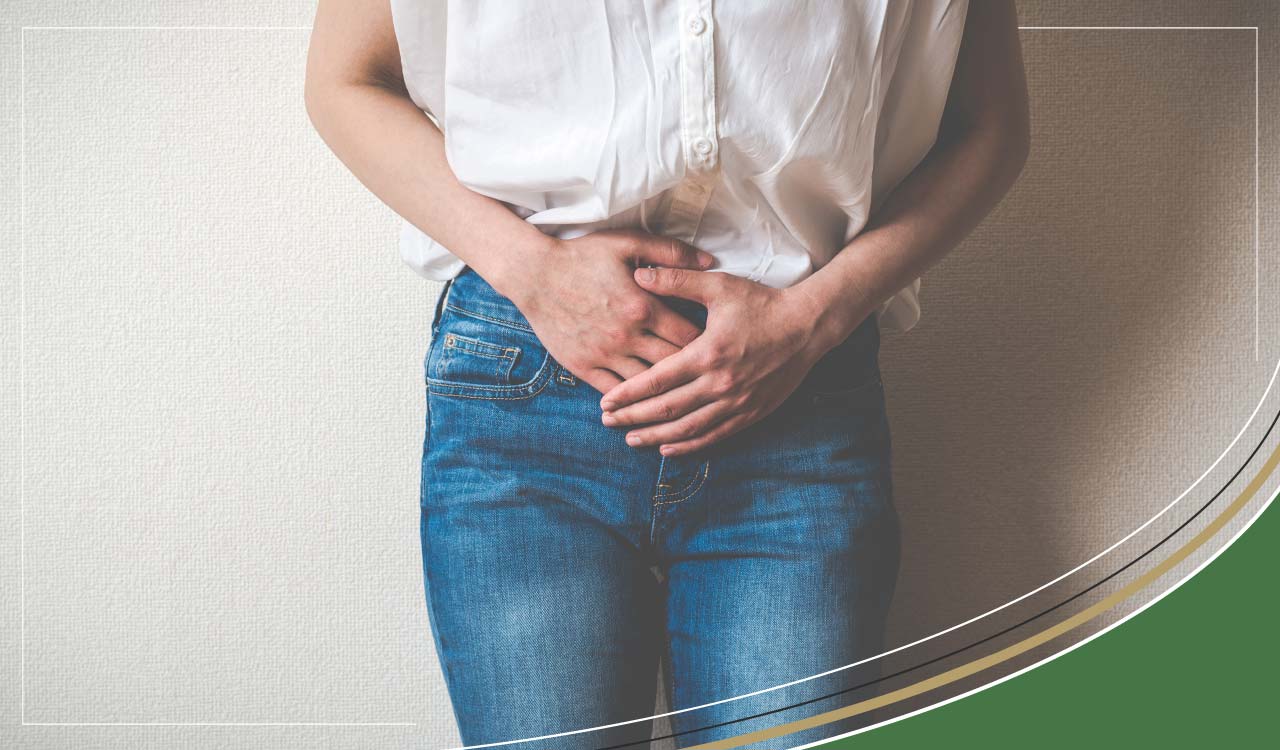Radiation cystitis symptoms and prevention

Radiation cystitis is a potential complication of radiation therapy (when used to treat tumours in the lower abdomen/pelvic area such as radiation treatment for bladder cancer). Radiation Cystitis can cause symptoms that range from minor and temporary, to severe and chronic (long-term).
There are two types of radiation cystitis:
- Acute radiation cystitis. occurs during or with 3-6 months of radiation therapy. It is usually a milder form of the condition.
- Late radiation cystitis, occurs from 6 month to 20 years after radiation therapy. This can be a very serious and even life threatening condition.
What is Radiation Therapy?
Radiation therapy works by targeting tumour cells and related tissue with ionizing radiation. The radiation adversely affects DNA synthesis in the cells, leading to cell death effectively killing the cancerous cells. However, radiation therapy can also damage non-cancerous, surrounding tissues. As well as causing cell damage and cell death in healthy tissue, radiation can also damage the vascular system, causing oedema (build-up of watery liquid in body cavities) and vascular thickening (reducing blood supply to the tissues undergoing radiation treatment). This, in turn, can lead to epithelial damage such as to the internal surface of the bladder where the internal wall structure is then left exposed to urine, leading to pain and irritation.
Symptoms of Radiation Cystitis
Symptoms of radiation cystitis can range from mild to very severe. Milder (though still distressing) symptoms include bladder irritation, problems emptying the bladder, and microscopic, painless haematuria (incidences of blood in the urine). Severe symptoms include gross haematuria (urine that is visibly discoloured by blood or containing blood clots), incontinence, fistula formation and total loss of bladder function.
Prevention of Radiation Cystitis
The best way to prevent radiation cystitis is minimise the amount of radiation the bladder is exposed to. This can be done by using the latest techniques and equipment which allow careful targeting during radiation therapy and keep the duration and dosage of the treatment to a minimum. Other methods have been shown to potentially help prevent radiation cystitis but with varying results (Thompson et al, 2013):
- Hyper hydration during radiation treatment
- Continuous bladder irrigation during treatment
- Mensa (a drug designed specifically to protect the bladder and kidneys during chemotherapy treatment)
- Sodium Hyaluronate
 Free Royal Mail 24 Tracked Delivery - Spend £10+
Free Royal Mail 24 Tracked Delivery - Spend £10+
 Support 01904 789559 - 20+ Years Expertise
Support 01904 789559 - 20+ Years Expertise
 Rated 5 out of 5 on Trustpilot
Rated 5 out of 5 on Trustpilot

















